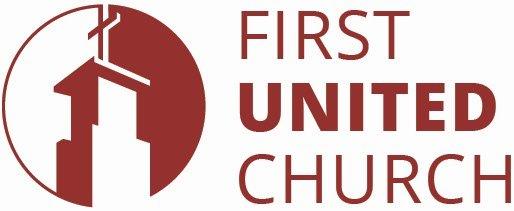Labor Day is the late summer holiday devoted to honoring those who serve us in countless ways, usually without our knowledge. Although the emphasis seems directed to traditionally blue collar people, certainly white collar people earn our respect and gratitude as well.
Growing up in St. Paul MN, without fail, we practiced a predictable Labor Day tradition. After a leisurely breakfast and after Dad had finished the morning newspaper, he “invited” the four oldest of his children, me included, to accompany him to the basement. The basement was not very large, dark and a bit musty smelling. It contained a very well stocked fruit cellar, for my folks canned fruits and vegetables and meat for the family. There was an iron gas stove used for those canning chores, a furnace, and a small area devoted to Dad’s workshop. The rest of the area was stacked with boxes, everything from Christmas ornaments to items either no longer used or not used very much.
The four reluctant children and the task-orientated father began in the back of the basement. He would take down a box, look through the contents, put some items aside to be saved, and tell one of us to take the box upstairs to be thrown away. My mother positioned herself at the bottom of the stairs, looked through the items to be tossed, agreed with a few things, and told us to take the rest back to my father. About two hours later, a small pile of things actually were thrown away. Most other things remained, perhaps in different boxes, but ready for the next review the next Labor Day. I have chosen to not continue this tradition.
I just finished reading The Given Day by Dennis Lehane. The time setting is late 1918 to 1919, in places like Columbus, OH, Tulsa, OK, and Boston MA. Babe Ruth, John Edgar Hoover, and Calvin Coolidge make their appearances, as well as many other notable people who played leading roles in the Influenza Pandemic, the rise of Labor Unions, the recession times following WW I, the plight of new immigrant communities, and the racial issues that continue to our times.
I was especially interested in the struggle for justice and respect for those serving in the Boston Police Department. They were grossly underpaid, worked 72 hour shifts, had to buy and maintain their own uniforms, and worked in vermin infested police stations. The brutal riots of 1919 in Boston were the transforming events leading to the recognition of a bargaining presence for those Irish second-generation immigrants and their families.
The book tells a disturbing story about the labor movement in this country, a needed and sobering counter-balance to the parades and celebrations of Labor Day.
Peace, John Krueger

 Follow
Follow